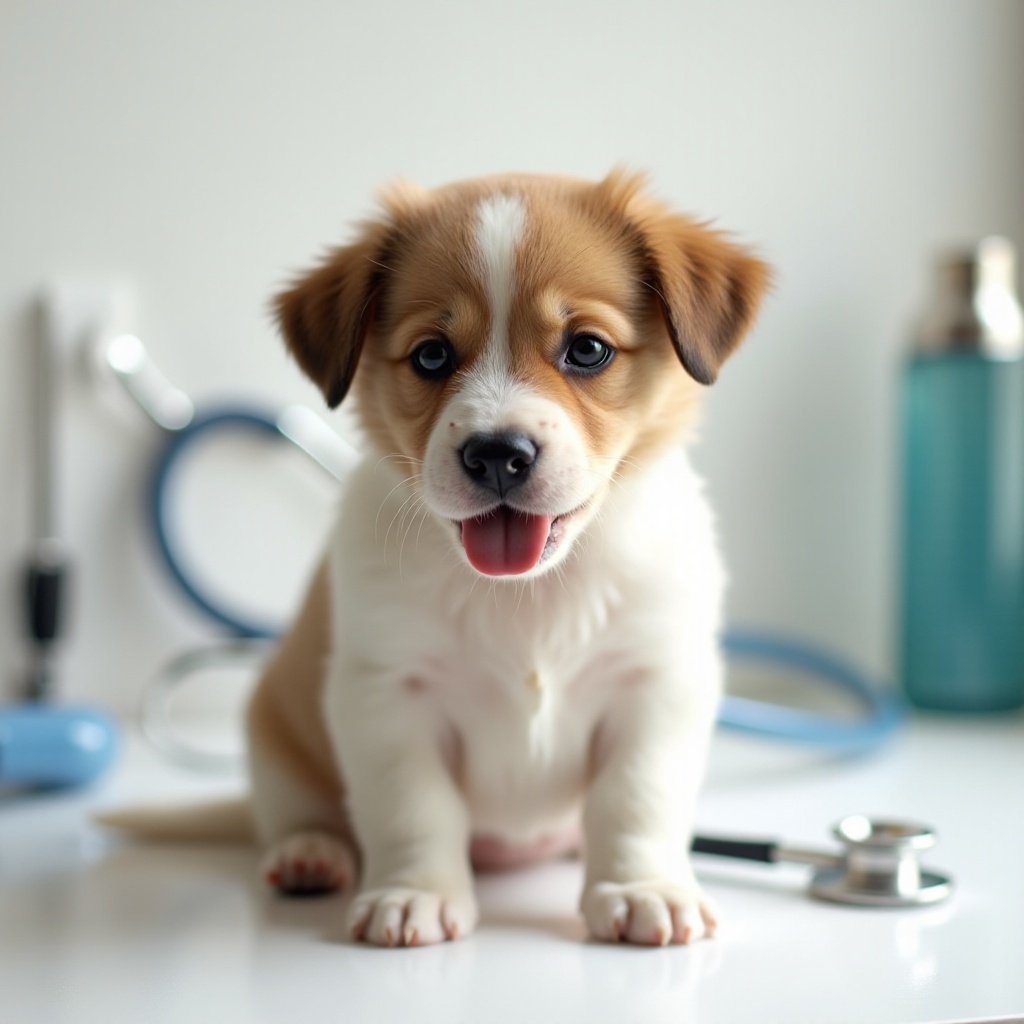Introduction
Puppies are curious, playful, and unfortunately, prone to flea bites. Fleas are tiny, blood-sucking parasites that can cause significant discomfort and health problems for your young furry friend. In this guide, we will dive into everything you need to know about flea bites on puppies, including how to spot them, prevent them, and treat them effectively.

Understanding Flea Bites
What are Fleas?
Fleas are small, wingless insects that thrive on the blood of mammals and birds. They have powerful legs that allow them to jump from one host to another quickly. Once they find a host like your puppy, they begin to bite and feed on their blood, causing irritation and potential health issues.
Symptoms of Flea Bites in Puppies
Spotting flea bites on puppies can be tricky, but there are telltale signs:
1. Red, swollen bumps: Typically found around the neck, belly, and hindquarters.
2. Excessive scratching and biting: Puppies will often target the bitten areas.
3. Hair loss: Due to continuous scratching.
4. Restlessness: Your puppy may appear uncomfortable or agitated.
How Flea Bites Affect Puppies’ Health
Flea bites can lead to more than just itching. Puppies are especially vulnerable to flea infestations and can develop:
1. Flea allergy dermatitis: A severe allergic reaction that causes intense itching and discomfort.
2. Anemia: Fleas feed on blood, and a significant infestation can lead to blood loss, making your puppy weak and lethargic.
3. Tapeworms: Fleas can carry tapeworm larvae, which puppies can ingest while grooming themselves.
Preventative Measures for Flea Bites
Preventing flea bites is imperative to keep your puppy healthy and comfortable. There are several measures you can implement:
Using Flea Medication
Regular application of flea medication is one of the most effective ways to prevent infestations. Look for products specifically designed for puppies:
1. Topical treatments: Applied directly to your puppy’s skin.
2. Oral medications: Chewable tablets that provide systemic protection.
3. Monthly applications: Ensure timely treatment for continuous protection.
Flea Collars: Do They Work?
Flea collars can be effective, but their efficacy varies. They work by releasing a substance that repels or kills fleas. Ensure the collar is suited for puppies and monitor for signs of irritation. Combining collars with other treatments can provide broader protection.
Environmental Control: House and Yard Treatments
To keep fleas at bay, maintain a clean environment:
1. Vacuum regularly: Pay special attention to places where your puppy sleeps and plays.
2. Wash bedding: Regular washing in hot water can eliminate fleas and eggs.
3. Yard maintenance: Mow your lawn and treat with pet-safe insecticides to minimize flea populations.
Regular Grooming and Hygiene Practices
Regular grooming helps in the early detection and removal of fleas:
1. Bathing: Use a gentle puppy shampoo.
2. Brushing: Flea combs can help remove fleas and eggs.
3. Inspection: Check for fleas and their droppings, especially during high-risk seasons.

Natural Remedies for Flea Bites
If you prefer natural solutions, several remedies can help prevent and treat flea bites:
Essential Oils Safety and Usage
Certain essential oils can repel fleas, but use them cautiously:
1. Lavender and cedarwood oils: Dilute with a carrier oil before applying to your puppy’s coat.
2. Avoid toxic oils: Stay clear of oils like tea tree oil, which can be harmful to puppies.
Herbal Supplements
Some natural supplements can boost your puppy’s resistance to fleas:
1. Brewer’s yeast and garlic: These can make your puppy less appealing to fleas.
2. Apple cider vinegar: Adding a small amount to your puppy’s water can help repel fleas from the inside out.
Homemade Flea Repellent Recipes
Creating your own flea spray can be both effective and economical:
1. Apple cider vinegar spray: Mix equal parts water and vinegar, and spray lightly onto your puppy’s coat.
2. Lemon water: Boil sliced lemons in water, allow to cool, and use as a spray.

Treatments for Flea Bites on Puppies
Even with the best prevention, flea bites can still happen. Knowing how to treat them is crucial:
First Aid for Flea Bites
First aid measures can provide immediate relief for your puppy:
1. Clean the bites: Gently wash with soap and water.
2. Cold compress: Helps reduce swelling and itching.
3. Hydrocortisone cream: Apply a small amount to soothe irritation.
Over-the-counter Treatments
Several products can help treat flea bites and prevent further infestations:
1. Anti-itch sprays and shampoos: Specifically for puppies.
2. Antihistamines: Consult your vet for suitable options and dosages.
3. Spot treatments: Products like Frontline and Advantage can eliminate fleas on contact.
Veterinary Treatments for Severe Cases
In severe cases, professional veterinary care may be needed:
1. Prescription medications: Stronger treatments for severe infestations.
2. Allergy therapies: For puppies with flea allergy dermatitis.
3. Iron supplements: If anemia is a concern, supplements can help restore health.
Conclusion
Preventing and treating flea bites on puppies is a crucial aspect of pet care. By understanding the symptoms, taking preventive measures, and knowing how to treat bites when they occur, you can ensure your puppy stays healthy and happy.
FAQs
Frequently Asked Questions
How can I tell if my puppy has flea bites?
Look for red, swollen bumps, excessive scratching, hair loss, and restlessness. You might also see fleas or their droppings.
Are there any side effects of flea medications on puppies?
Some puppies may experience mild reactions like itching or redness at the application site. Always follow the product guidelines and consult your vet.
How often should I treat my home to prevent flea infestations?
Regular cleaning and treating your home every few months can help keep flea populations under control. Adjust frequency based on infestation levels.
